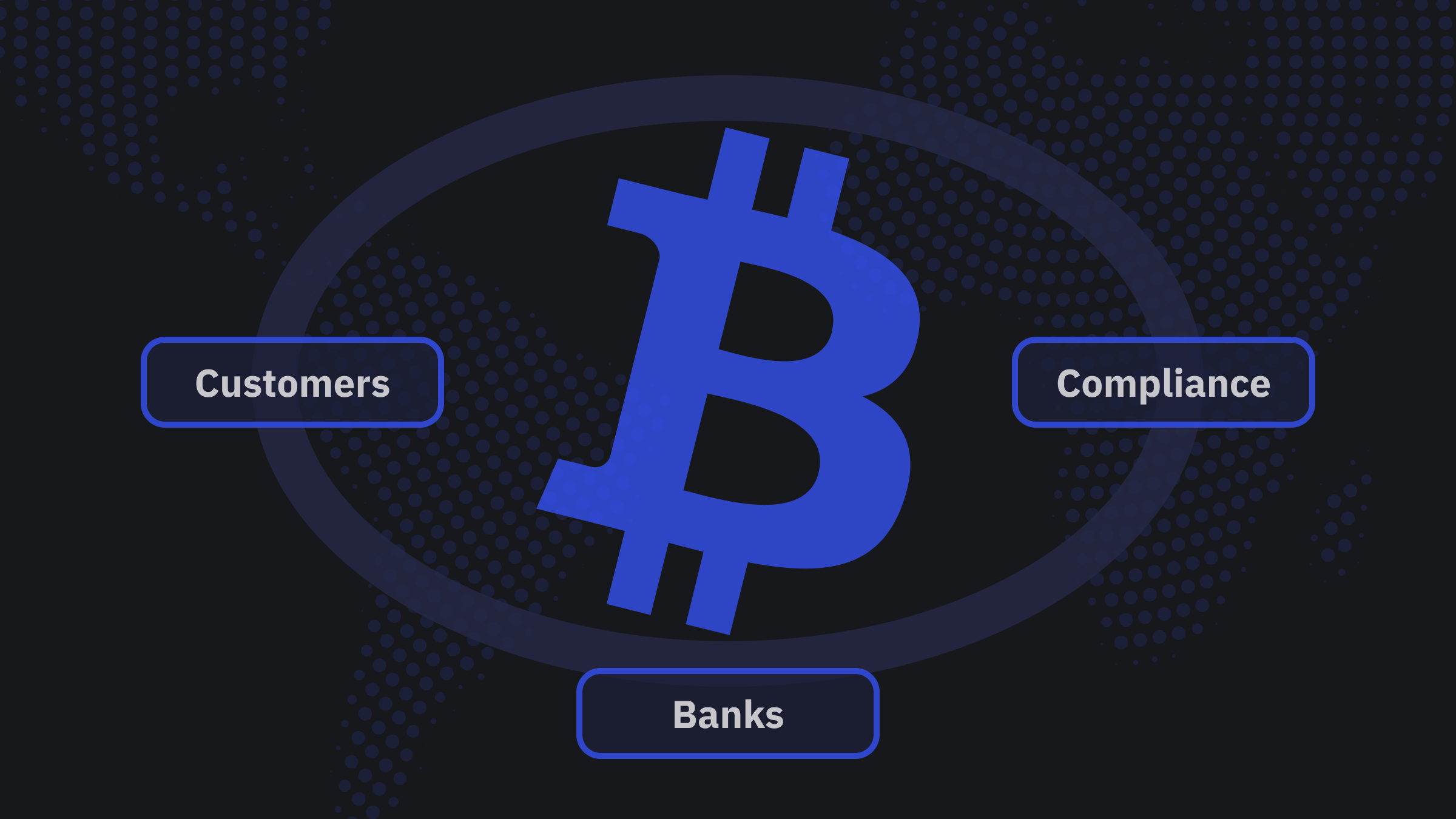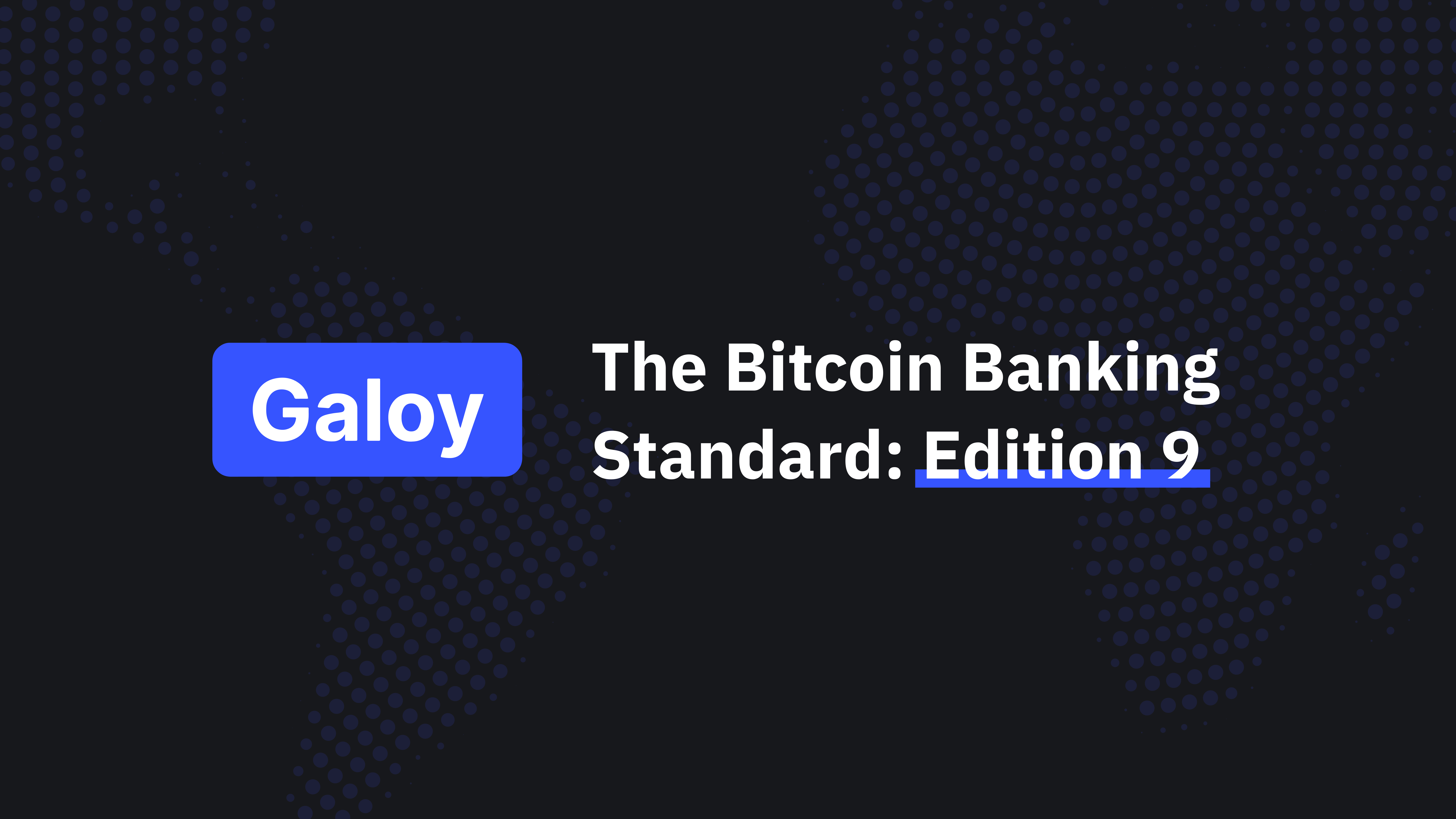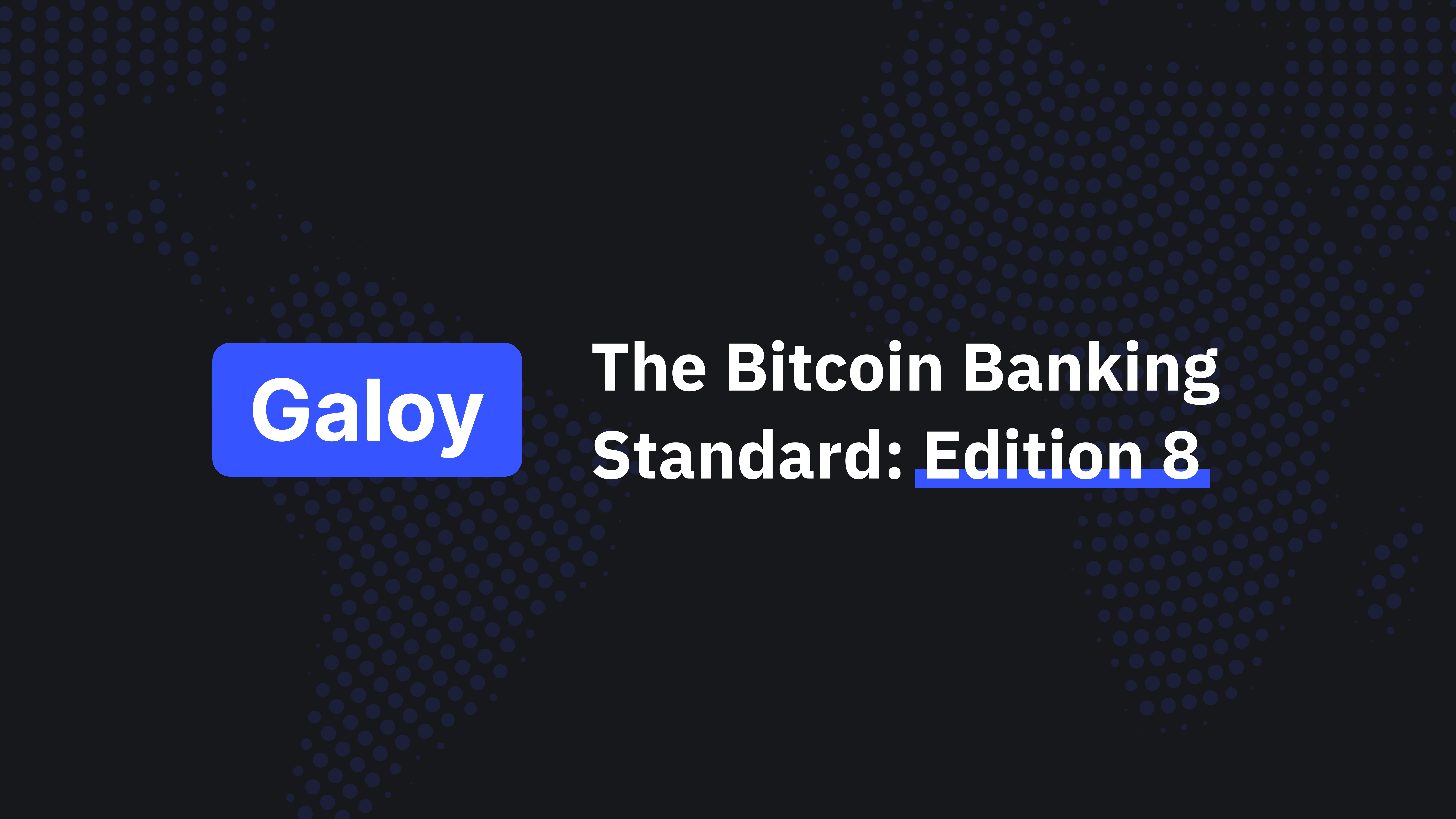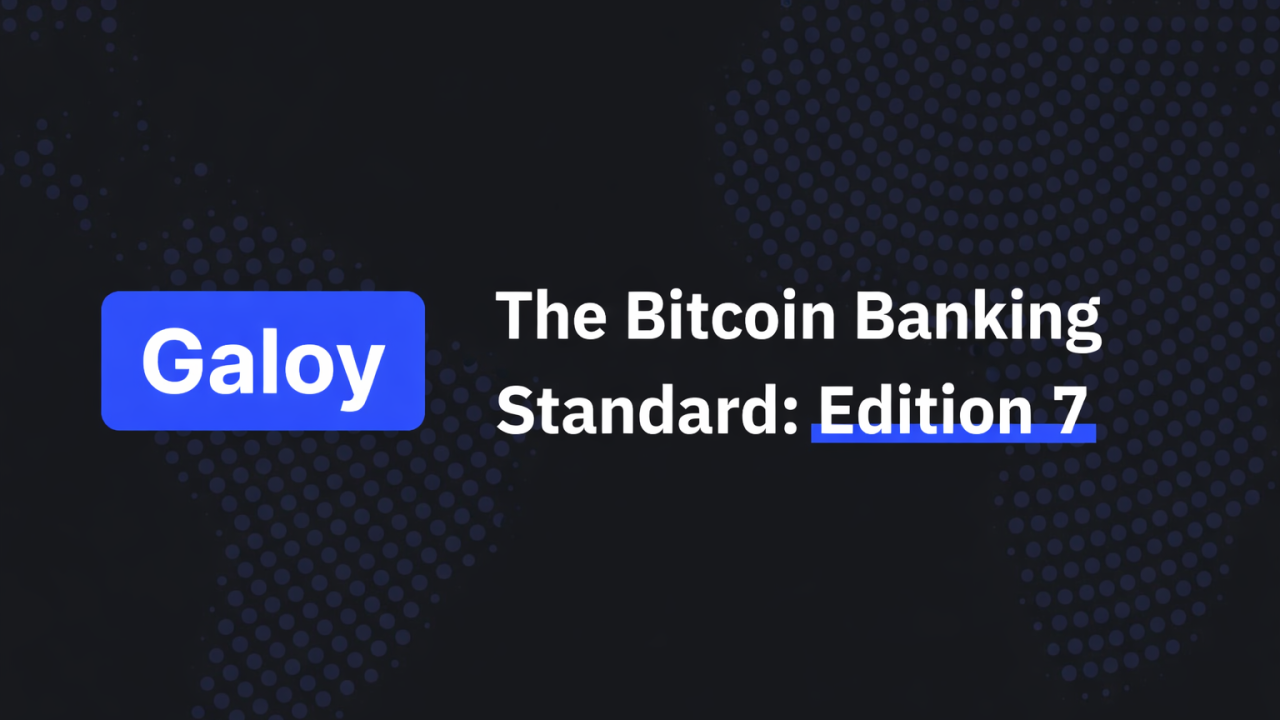Bitcoin has been the biggest story in finance over the last two years. Customers expect their banks to be integrated with Bitcoin. If your bank isn't offering Bitcoin loans, you're already behind.
Why Bitcoin Lending? Bitcoin-collateralized loans offer distinct advantages over traditional loans. Unlike real estate or stocks, Bitcoin provides unmatched liquidity and margins.
Bitcoin lending is a win for banks. Banks achieve notably higher interest spreads with Bitcoin-backed loans compared to traditional collateral, typically more than double their legacy counterparts. Banks also gain qualitative and quantitative benefits from adopting Bitcoin-friendly policies. For instance, SoFi’s stock rose nearly 7% after announcing its reentry into the Bitcoin custody space and expansion into Bitcoin-backed lending. 75% of IBIT buyers, by far the most successful ETF launch in history, were first-time BlackRock customers. People are hungry for Bitcoin products. They’re voting with their dollars (or rather, their Bitcoin) and with their feet. Banks that move quickly will benefit, those who don’t will be left in the dust.
Bitcoin lending is a win for customers. Most Bitcoin holders are long-term investors. They value its non-inflationary and immutable properties as an asset rather than an everyday currency. Yet, they seek access to capital without triggering substantial capital gains taxes. Bitcoin-backed loans allow holders to utilize their wealth more tax-efficiently. This service is increasingly becoming an expectation among Bitcoin holders, who themselves are increasing in number and wealth. They often keep a significant portion of their wealth in Bitcoin and may switch to banks that accommodate their needs.
Bitcoin lending is a win for compliance: Long gone are the days of Operation Chokepoint 2.0. Two years ago, banks were regularly penalized for involvement with Bitcoin. Now they can expect to be penalized if they discriminate against Bitcoin. In April 2025, the Federal Reserve, FDIC, and OCC formally withdrew previous guidance that discouraged banks from engaging in Bitcoin-related activities. More recently, the White House announced plans for an executive order to penalize banks that discriminate against Bitcoin companies by terminating customer accounts based on their involvement with Bitcoin. Regulators have been directed to investigate and impose penalties for violations of fair lending and consumer protection laws. Offering Bitcoin backed loans may soon be a reliable way to ensure regulatory compliance.
Conclusion: Introducing Bitcoin-collateralized lending can deliver strong financial returns, strategic positioning, and valuable market differentiation. Banks considering innovation in lending practices must weigh the cost of inaction, including lost revenue opportunities and reduced market relevance.
Banks that proactively manage risks and lead in Bitcoin-collateralized lending position themselves for substantial long-term benefits.









